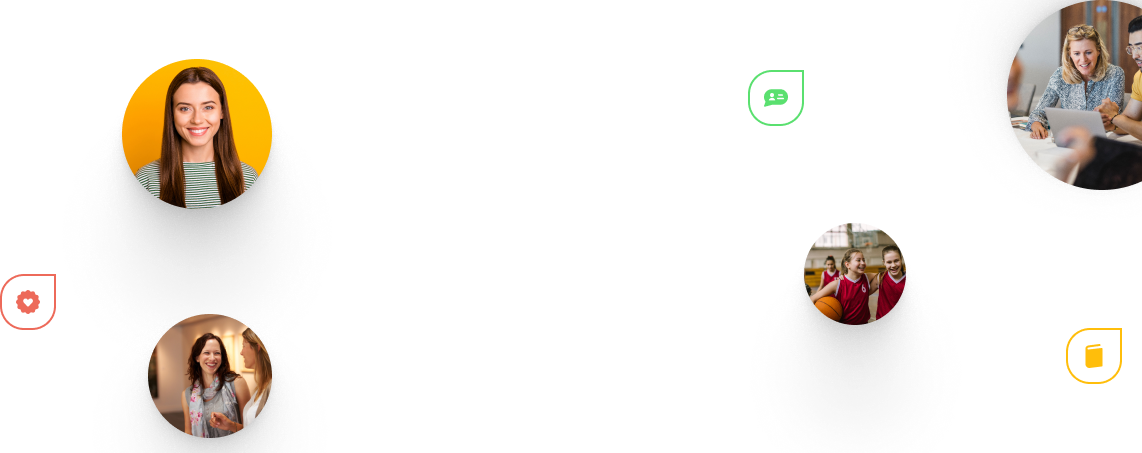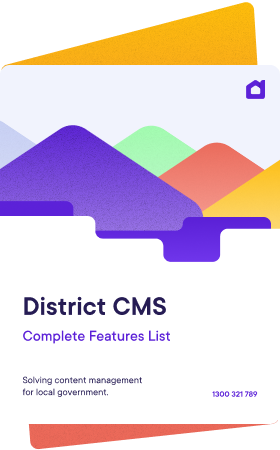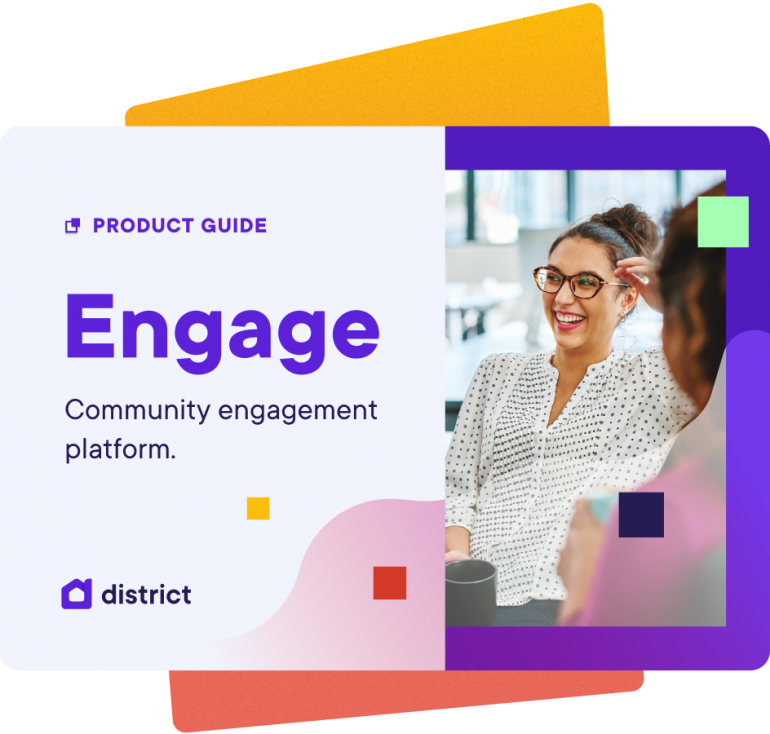Effective stakeholder engagement is an essential part of community engagement project management and can make or break a project.
In this guide, we will explore how digital engagement platforms can maximise stakeholder engagement while supporting project managers to design effective engagement projects.
Understanding stakeholder engagement
For every community engagement project, there will be lots of individuals and groups with an interest in the project, including:
- community members
- local council or government agency representatives
- industry groups
- business owners
- community groups
- environmental advocates
- Communication and marketing experts
- NGOs.
Project managers need to engage with stakeholders and community groups from the outset.
By bringing their knowledge and unique perspectives to the table, stakeholders can help project managers connect to community groups, provide informed advice and contribute to co-designing the engagement strategy.
Good stakeholder engagement can lead to better-informed decisions, increased community buy-in and participation, and improve project outcomes.
Stakeholder input and feedback
The role of stakeholders is fundamental to making informed decisions and planning projects. It will help to ensure the engagement project is targeted, meaningful and relevant. It's important to create opportunities for key stakeholders to share their knowledge and contribute to the project.
The holistic, collaborative features of a digital engagement platform can be useful here.
By using the platform as a hub for a private consultation with key stakeholders, project managers can host information sessions, workshops, and solicit input and feedback in a collaborative approach to co-design the engagement strategy.
Insider knowledge and stakeholder input can help you get the right balance of language, tone, engagement metrics, and use of communication channels.
Stakeholders can also offer valuable analysis of feedback data, to help guide the project forward.
Leverage digital engagement tools
Online community engagement platforms offer engagement tools for each stage of the project journey. These include:
- Pages for sharing project information
- Timelines and updates to keep participants informed
- Event management to encourage active participation
- Surveys and polls for gathering feedback
- Geographical mapping tools for geo-specific feedback
- Discussion forums for facilitating dialogue
- Feedback mechanisms for soliciting input.
These tools have been designed for public engagement, but they can also be used in a closed consultation with a select group of participants. This offers engagement managers the opportunity to collaborate with a group of stakeholders to co-design the engagement strategy.
By leveraging these tools, project managers can encourage stakeholder and community participation and collaboration at all stages of the engagement journey.
Communication is key
Stakeholders are key to developing strong community connections. Stakeholders can shine a positive light on the project, attract attention, build momentum and encourage community engagement.
But to maintain these connections, clear communication is essential.
Regular updates and easy-to-find information is crucial for keeping everyone informed and engaged throughout the project lifecycle.
You can use the platform's features and tools for easy communication with participants and stakeholders.
- Project pages provide comprehensive details about the project
- Timelines enable project managers to manage community expectations with dates, expected time frames and the scope of works at each stage
- Regular updates help everyone stay informed about project progress, milestones and achievements
- Notifications give registered participants updates about projects, topics and regions that interest them.
By building strong relationships based on trust, and transparently communicating progress, project managers can build confidence and credibility with the community and key stakeholders.
Tailor engagement strategies
Collaboration and co-design with stakeholders can ensure your engagement campaigns meet the needs of diverse community groups, and can help identify the most effective communication channels and formats for targeting those groups.
Communication channels and formats can include:
- flyers in a letter box
- social media posts
- a community BBQ
- online and offline engagement activities
- activities in a variety of languages
- different engagement tools
- events
- different survey questions.
With the help of stakeholders, you can tailor your engagement strategies to meet the needs of a diverse community. This helps to establish meaningful connections with communities and cultivate a sense of ownership and investment in the project.
Monitor and evaluate effectiveness
Featuring real time reporting and analysis, your digital engagement platform will enable project managers to continuously evaluate the effectiveness of their engagement activities.
Stakeholders, especially community leaders, can offer unique insights into the metrics and key indicators that measure a project's success. This is particularly important in diverse and underrepresented communities.
Measuring the effectiveness of engagement activities against these metrics will help identify areas of improvement and enable engagement managers to refine their strategies.
Online community engagement platforms are a powerful tool for managing stakeholder and community engagement. By leveraging these platforms to co-design engagement strategies with key stakeholders, engagement managers can tailor their strategies to reach diverse communities. This leads to stronger community relationships, better targeted projects, innovative solutions and sustainable outcomes for projects and communities.
Learn more
District Engage offers a comprehensive suite of tools tailored to facilitate inclusive community engagement. From surveys and polls to forums and feedback mechanisms, the platform empowers project managers to reach diverse audiences and capture nuanced perspectives. By leveraging these features, practitioners can harness the power of technology to enhance accessibility, streamline communication, and foster meaningful interactions within their communities.
If you want to find out more about creating an inclusive community engagement project, reach out to us to find out more about our platform, tools and resources, request a demo, or register for a free trial.




